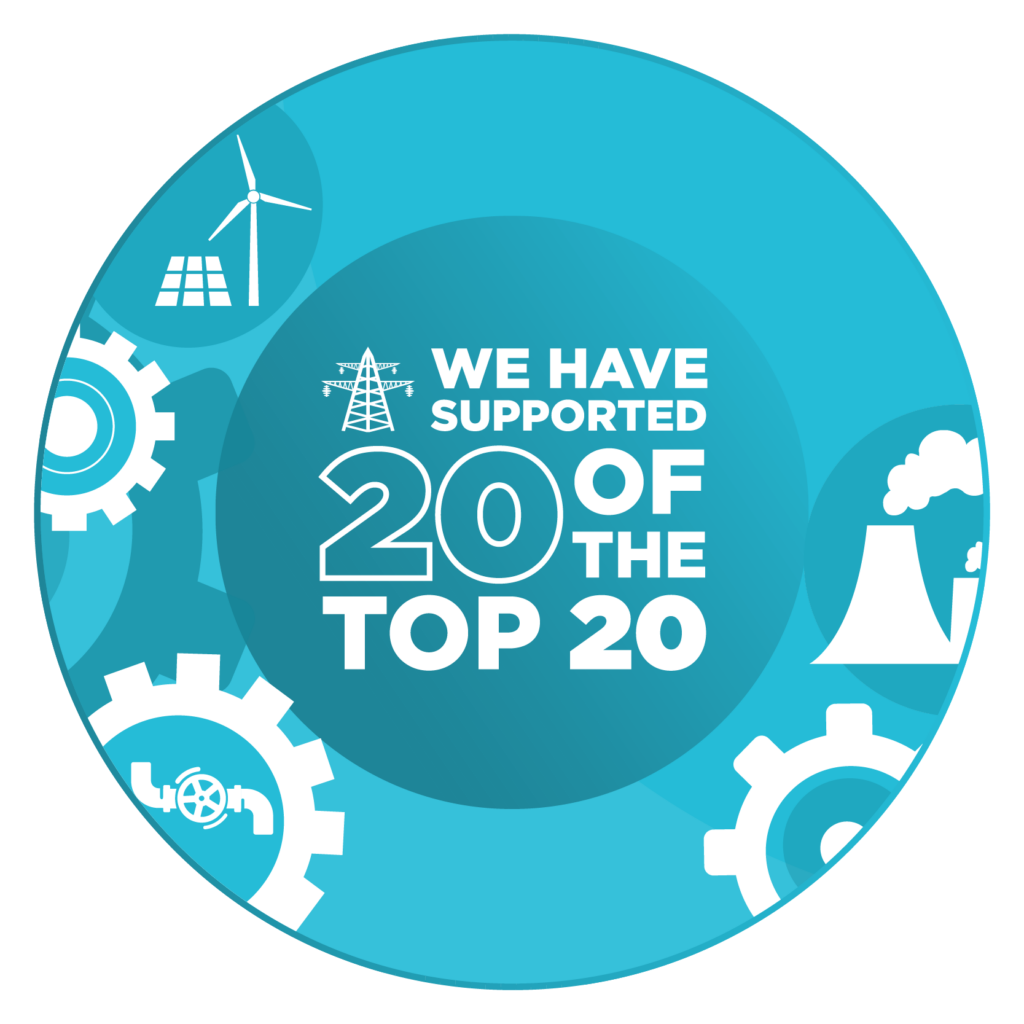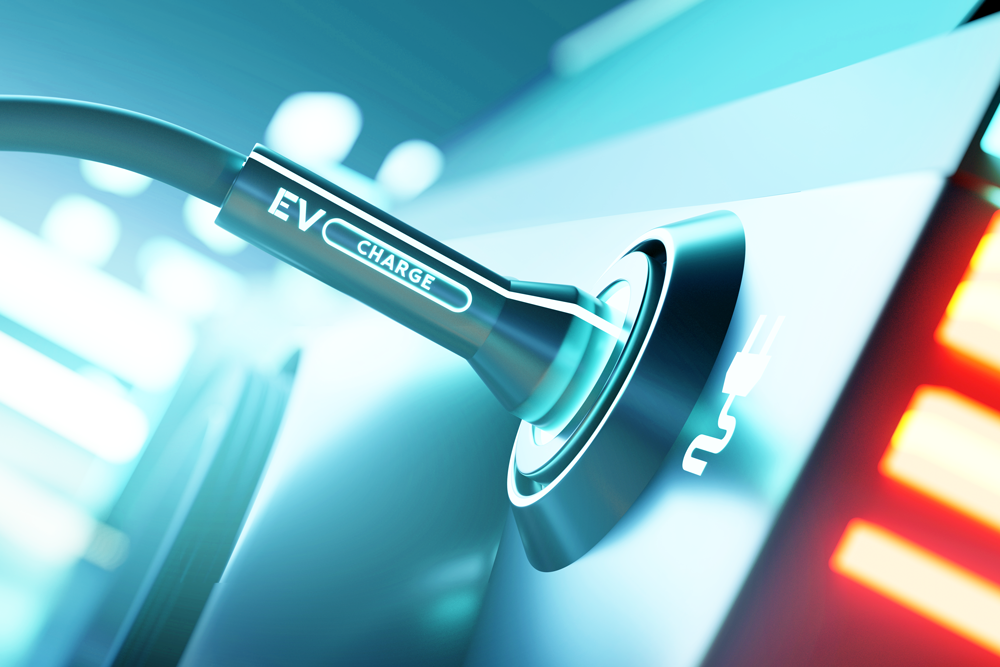
Momentum towards a clean energy future continues apace. When we consider the various commitments to clean energy being made by both utilities and other corporations, efforts to electrify transportation, and the significant strides in development of clean technologies, the transition seems certain.
However, as the industry begins to takes action to achieve these goals, the difficulty of the task ahead is becoming evident. No one thought this transition would be easy, but challenges are emerging that were completely unforeseen, whether significant weather events, geopolitical conflict, sticky inflation, or supply chain and labor challenges.
Utilities and regulators across the United States continue to focus on ambitious greenhouse gas reduction targets, and the energy industry is strategizing how to achieve the clean energy transition. The “how” matters a lot as investments will have to be made across the utility value chain—from energy generation to transmission & distribution and the grid edge. These investments will come in the form of new technologies being deployed at scale (like battery storage and hydrogen) and traditional infrastructure investments deployed for new purposes (transmission to interconnect renewables). And this all needs to be done while keeping the lights on and customer rates affordable.
Importantly, as the industry focuses on the electrification of transportation and end-use heat, electric loads are expected to increase by 40% to 60% (or more) between now and 2050.1 Not only will new investments across the value chain be required, but they will have to be installed to meet amounts and types of loads the electric system has never seen and demand that will behave differently than it used to.
As we contemplate the energy generation mix, significant investments are expected in intermittent renewables, which raises the question of the role of baseload power and the need for the minimum amount of electric power needed to be supplied to the electrical grid at any given time.
The new generation mix will be different but how and when matters. Natural gas generation will likely continue to play a significant role for the foreseeable future. How does this complement of resources meet the electric loads anticipated in the coming decades? How will new technologies such as advanced nuclear reactors and fusion develop to help meet these needs? What role will grid-scale storage play?
Transmission is once again literally and figuratively at the center of the energy future (and yes, some of us remember when it took center stage 20 years ago). Without transmission connecting new generation resources, including those distant from load centers, the United States will not meet its clean energy goals. As such, incentivizing the right transmission to be built in the right places is critical. FERC is working on several fronts to address the various challenges facing transmission development. Will that be enough?
As customers purchase electric cars and add solar panels and batteries to their homes, the distribution side of the grid is rapidly changing. Utilities are learning to manage the grid differently and are investing in technologies to enable capabilities not even contemplated 20 years ago. The combination of customer demand, regulatory enablement, enhanced demand management, and energy efficiency are shifting how the grid is operated.
As companies contemplate the “how” of this transition, ScottMadden can help. We work in every business unit and every function and understand how these changes will impact you and your team. We work with you to meet these strategic imperatives while continuing to focus on what you and your team have always done—keeping the lights on and customer costs reasonable.

We work step by step with clients to ensure each project’s success. Our strong team of consultants employs an adaptable framework to guide clients to the best decision for their unique situations. We do what we say we are going to do with integrity, tenacity, and a genuine passion for the work throughout the entire project.
Learn more about our Energy practice area.
Helped a large, federal power authority identify the need to drive customer adoption of 200,000 electric vehicles (EVs) within its seven-state service territory over a seven-year timeframe.
Developed an EV-transformation initiative and EV strategy, which ultimately led to the development of a multistate DC fast-charging (DCFC) network
Produced program guidelines for operation and oversight of the DCFC network, including a program overview, site selection guidelines, and best practices
Received 70 initial responses from customers indicating their interest in installing DCFC stations

A mid-size vertically integrated electric utility announced one of the most aggressive net-zero carbon emissions goals in the United States. ScottMadden was engaged to facilitate a long-term resource strategy that could meet ambitious decarbonization goals while maintaining (or improving upon) current levels of reliability.

Developed a framework for evaluating technologies which included technology maturity, scale of potential carbon abatement, overnight and operating costs, capacity factors, risk, and dispatchability
Engaged with the client’s resource planning team, using their IRP model, to interactively solve for the desired emission levels and understand financial and operational impacts
Prepared the leadership team to approach their board and regulators with the financial impact of the plan under varying costs of carbon to help inform decision making
Ultimately, created a plan to achieve more than 15 million tons per year of CO2 reduction by 2050
[1] Low-Carbon Resources Initiative, LCRI Net-Zero 2050: U.S. Economy-Wide Deep Decarbonization Scenario Analysis (Dec. 2022)

Sussex Economic Advisors is now part of ScottMadden. We invite you to learn more about our expanded firm. Please use the Contact Us form to request additional information.